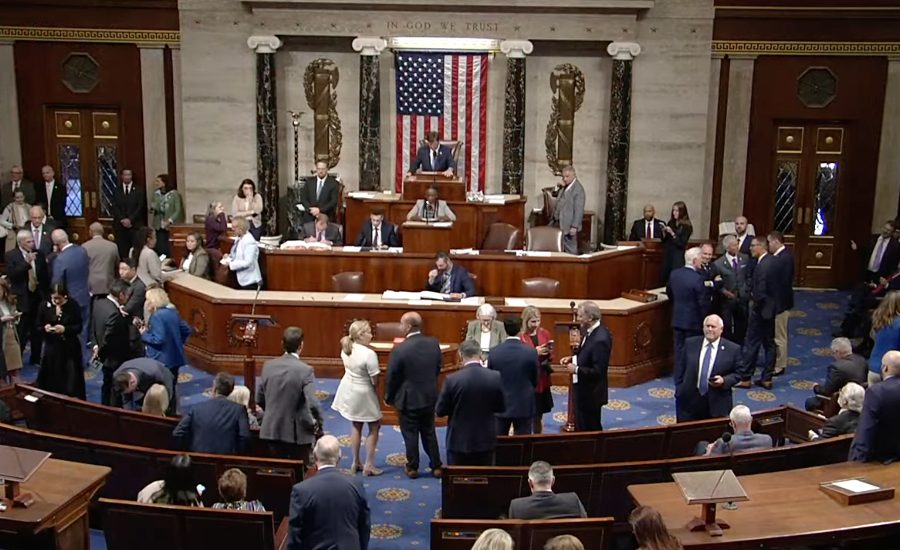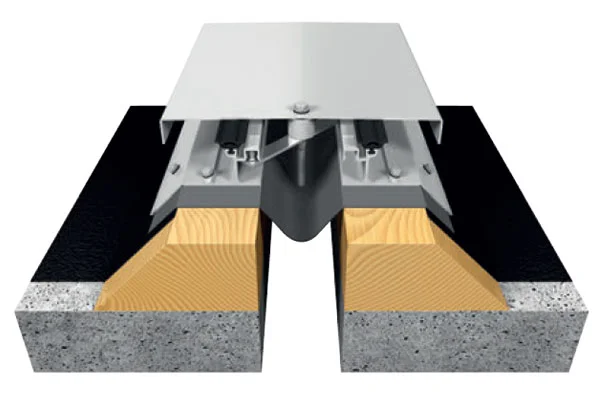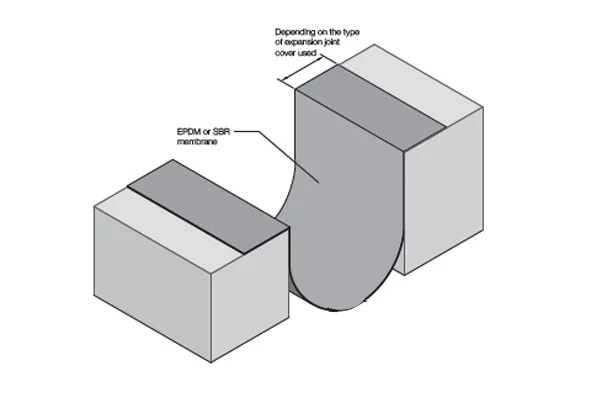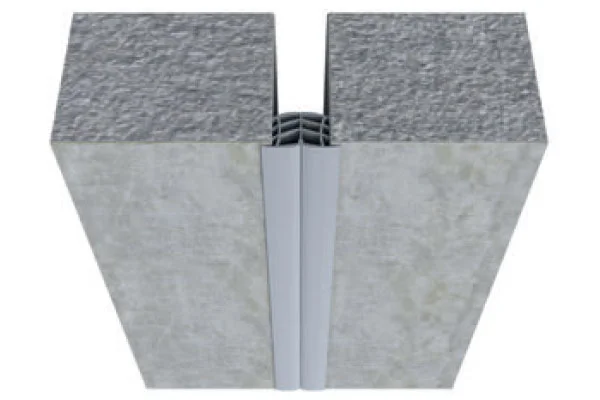
Through mostly partisan votes, lawmakers in the House of Representatives advanced legislation Sept. 18 that proponents say will accelerate some energy-related projects, but some Democrats warn will raise energy prices.
The Promoting Cross-border Energy Infrastructure Act has a goal to make the process to authorize construction of international border-crossing facilities for import and export of oil and natural gas, and the transmission of electricity, “more uniform, transparent and modern.”
It would require anyone planning to build such a facility to obtain a certificate of crossing from the Federal Energy Regulatory Commission or the U.S. Dept. of Energy for electric transmission facilities. The agencies would have 120 days to issue a certificate or deny an application if not in the public interest, or just 30 days for natural gas facilities on the Mexican or Canadian borders.
The bill includes an exemption for any projects with a presidential permit.
Rep. Julie Fedorchak (R-N.D.), who sponsored the bill, said in a statement that it would address regulatory uncertainty that has grown under the current process, which involves a mix of permits, different agencies’ procedures and executive discretion. She pointed to then-President Joe Biden’s decision to revoke the Keystone XL pipeline permit on the first day of his term in 2021.
“By passing my legislation, the House has taken a critical step to end years of regulatory uncertainty and partisan games that have delayed energy infrastructure projects, crushed good-paying jobs and undermined America’s energy security,” Fedorchak said.
Power sector groups have supported the legislation. Marco Giamberardino, senior vice president of public and government affairs at the National Electrical Contractors Association, said in a statement that the bill “enables more timely project delivery and ensures stable workloads for NECA contractors nationwide.”
Another bill, the Guaranteeing Reliability through the Interconnection of Dispatchable Power Act, or GRID Power Act, would assist power plant developers to fast-track project reviews. It directs the commission to initiate rulemaking “to address inefficiencies and ineffectiveness of existing procedures” in processing interconnection requests. Transmission providers could submit proposals for the commission to adjust its interconnection queue to prioritize dispatchable power plants.
Providers would need to demonstrate the need for a given project’s prioritization and describe how it would improve grid reliability and resilience. FERC would have 60 days to review and approve or deny a proposal.
Wait times for power projects on the interconnection queue have increased to as long as five years, according to Rep. Troy Balderson (R-Ohio), who sponsored the bill. He blamed projects supported by green energy tax credits for the longer wait times and highlighted the growing demand for facilities to power AI data centers.
“With American power demand far outpacing our ability to generate more electricity, our grid is heading toward a reliability crisis,” Balderson said in a statement. “The interconnection queue is overwhelmed and bogged down, leaving shovel-ready power projects waiting for years while demand continues to climb.”
A third bill advanced Sept. 18 reestablishes the National Coal Council, which shut down in the Energy Dept. when its charter expired in 2021. Per the charter, the council’s 120-150 members meet twice a year to advise the Energy secretary on coal policy matters, and are appointed by the secretary for terms of up to two years.
The bills collectively “double down on the Trump administration’s
commitment to raising American electricity prices by discriminating
against clean, cheap energy,” said Rep. Frank Pallone (D-N.J.), ranking member on the House energy and commerce committee. “They prove that Republicans have never been for an all-of-the-above energy strategy, and they don’t care about fixing the insanely high cost of living that is crushing families across this country right now.”
The legislation next goes to the Senate.








